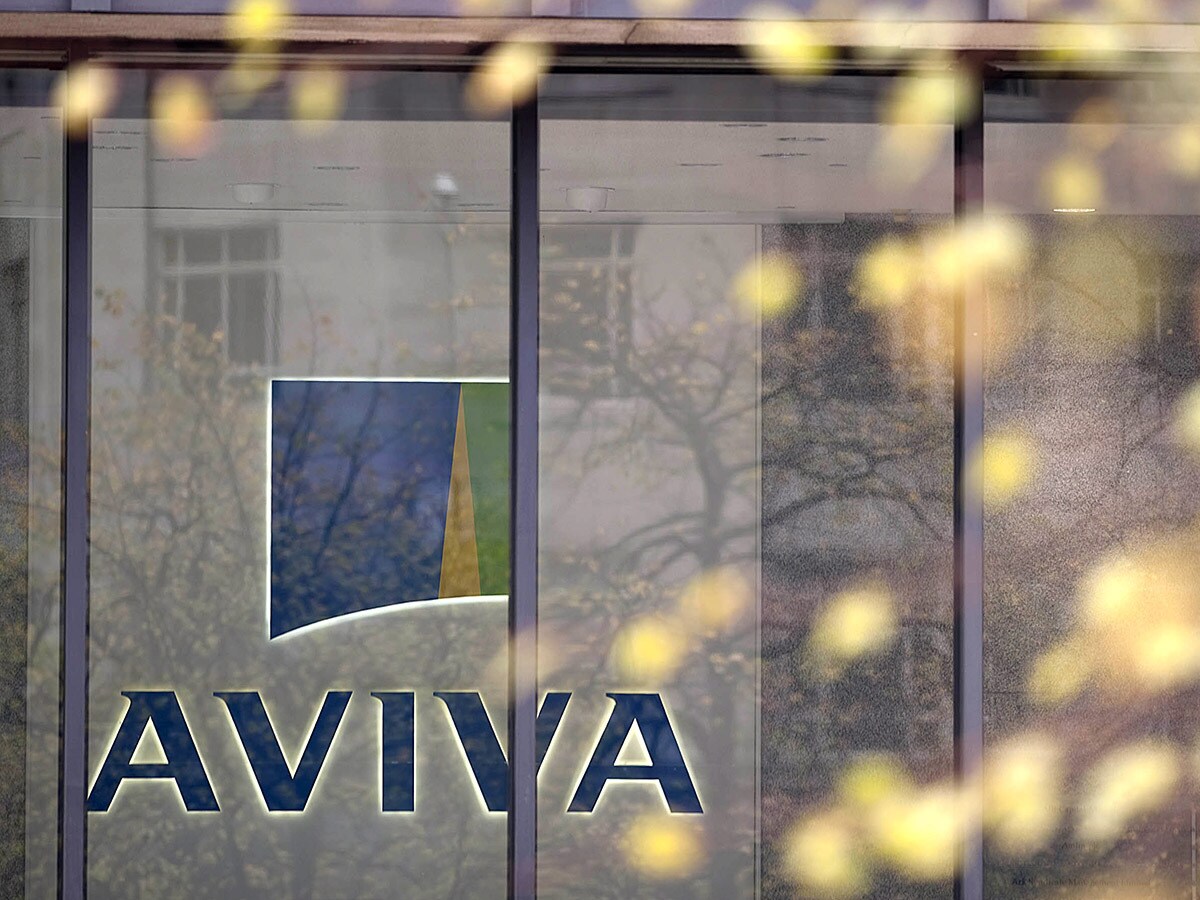The Aviva share price [AV.L] rebounded strongly after a mid-March selloff that saw the insurer fall to a close of 374.5p a share on 7 March. Since then, the stock has climbed more than 13%, closing Friday 8 April at 425.8p. Admittedly, the start of April has seen Aviva’s share price dip, but for investors the stock warrants a closer look — as does the wider insurance sector.
On the plus side, Aviva boasts a new chief financial officer, strong dividend yield and a price-to-earnings ratio that suggests the stock is not overvalued.
With analysts predicting more upside in Aviva’s share price, will investors enjoy both long-term gains and dividend payouts?
Aviva appoints new CFO
Aviva is boosting its C-suite team with the appointment of Charlotte Jones as chief financial officer — becoming only the second FTSE 100 firm to have both a female CEO and CFO.
Jones has pedigree in the industry, having served as CFO of RSA Insurance plc and interim CEO of the RSA UK & International business. Jones has also held CFO positions at Jupiter Fund Management, as well as senior management positions at Credit Suisse and Deutsche Bank.
“This is a really excellent appointment for Aviva. Charlotte is a highly experienced CFO with an impressive track record across the insurance and asset management industries. She is an exceptional addition to Aviva and will play a central role as we accelerate our performance and grow,” said group chief executive Amanda Blanc in a statement.
Is Aviva’s share price a bargain?
Aviva’s share price has managed to claw back its pandemic era losses. On 9 February 2020, the stock was still trading above 414p before the Covid-19 induced market selloff sent stocks crashing. But since May that year, the stock has enjoyed a steady recovery in value.
Still, eclipsing the high of 515p achieved on 13 May 2018 could be out of reach in the mid to short term. Analysts have a median price target of 480p, according to Refinitiv, suggesting a 12.8% upside on Friday’s close. Even the highest analyst target of 540p is below the levels hit in 2018, although it does represent a hefty 26.8% upside.
The Motley Fool’s Roland Head writes that Aviva’s share price looks cheap. In his view, chief executive Amanda Blanc has returned the business to steady growth after a period of sluggishness, at least compared to rivals.
Head also notes that after raising £7.5bn by selling off underperforming business units, the group will be returning £4.25bn to shareholders in a mix of share buybacks and the distribution of a B share scheme.
“As I write, Aviva shares are trading on around 10 times forecast earnings, with that 7% forecast dividend yield. I’d be happy to buy the shares for my income portfolio,” said Head.
Passive income in uncertain times
Insurance stocks can be a worthwhile addition to an investment portfolio. As a business model, insurance can work during economic highs and lows — after all, most people need insurance and can’t choose when to buy policies.
Aside from Aviva, pensions and retirement specialist Phoenix Group [PHNX.L] has seen its shares decline 3.6% year to date. On 16 February 2020 the stock hit an intraday high of 806p, before the pandemic triggered a sharp selloff in the stock. Having closed Friday 8 April at 629.8p, shares in the insurer still have a long way to go before they return to pre-pandemic levels. Similarly, Prudential [PRU.L] is a long way off its 2020 levels. This could present an opportunity for investors should these stocks continue to climb.
Another benefit to holding insurers in a portfolio is that they typically reward shareholders through dividends. Aviva carries a 5.18% forward dividend yield, while AXA has a 6.04% yield. Phoenix Group regularly makes the list of best dividend payers and carries a 7.88% yield. So even if insurance stocks only deliver modest growth in the short term, there’s still the possibility of a decent passive income.
Continue reading for FREE
- Includes free newsletter updates, unsubscribe anytime. Privacy policy





